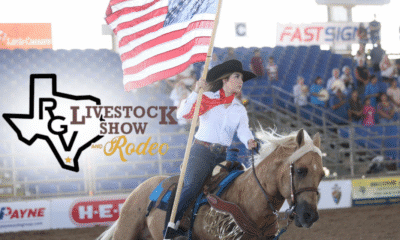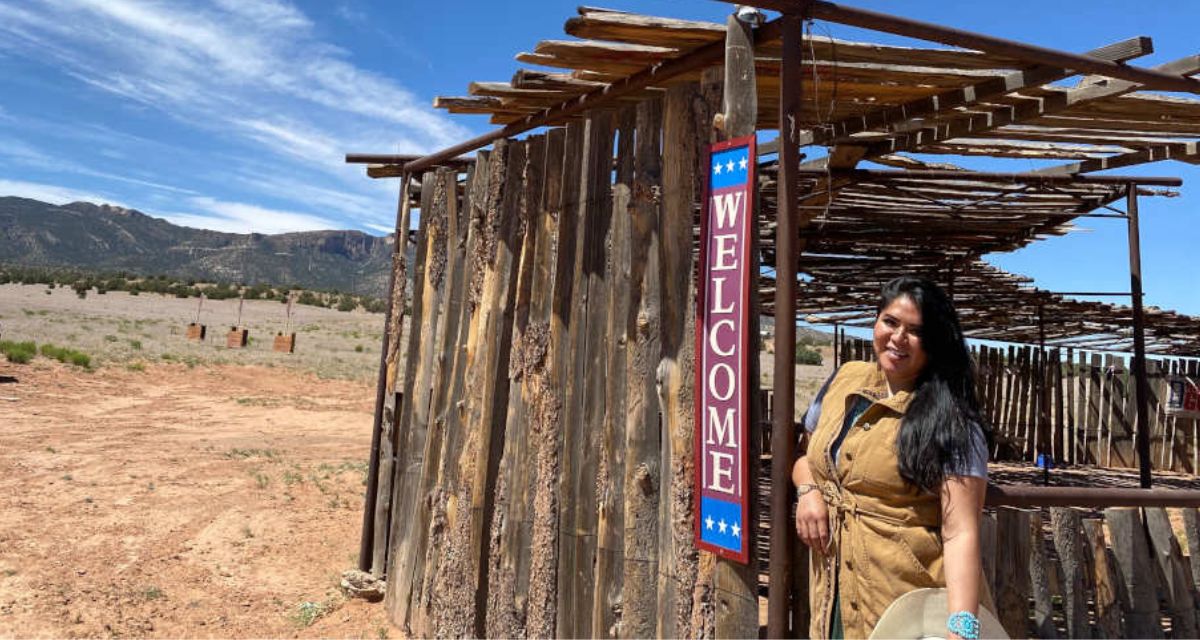
Tales from the Navajo Nation: A Brighter Future
Get to know the Navajo Nation through the people that live there. We traveled across the Navajo Nation to interview people who represent a variety of different communities who are striving for a better future. Get to know their most pressing current issues and plans for the future in this article series.
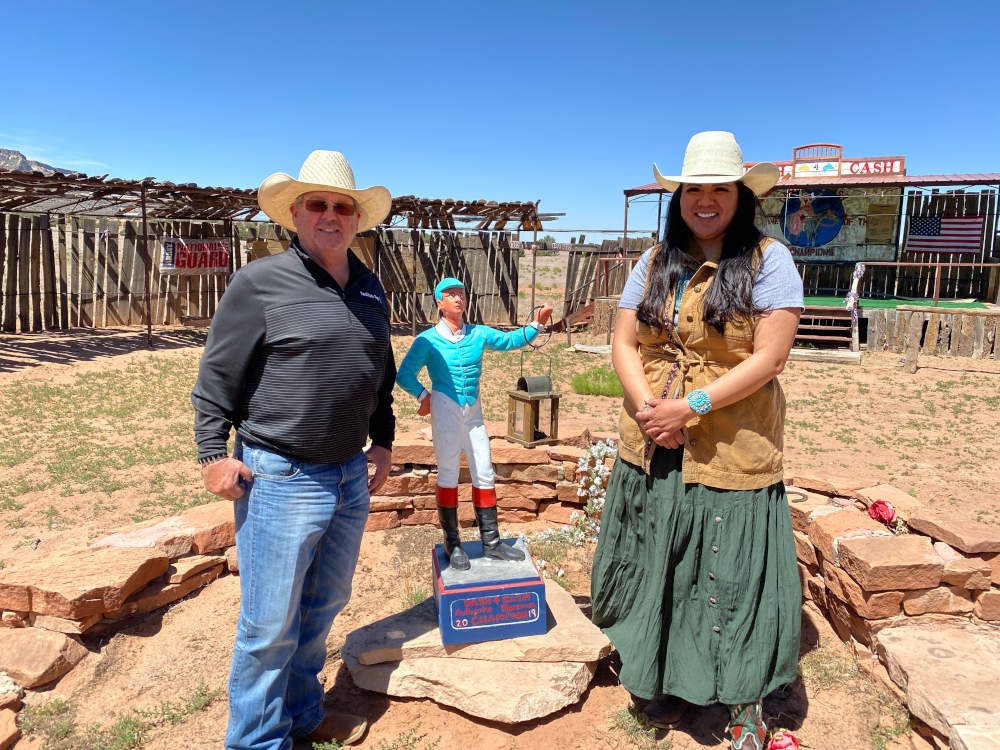
Navajo Nation Council Delegate, Charlaine Tso grew up on the Navajo Reservation in Sweetwater, Arizona. Tso represents a district of five chapters in the Northern Agency that covers Southern Utah and Northern Arizona – Mexican Water, Sweetwater, Teec Nos Pos, Aneth, and Red Mesa. She is a member of the Health, Education, and Human Services Committee of the 24th Navajo Nation Council and is currently serving her first term as council delegate.
- Maternal Clan: Naaneesht’ezhi Tábaahá
- Paternal Clan: Bit’ahnii
- Maternal Grandfather: Tachii’nii
- Paternal Grandfather: Kinłichii’nii

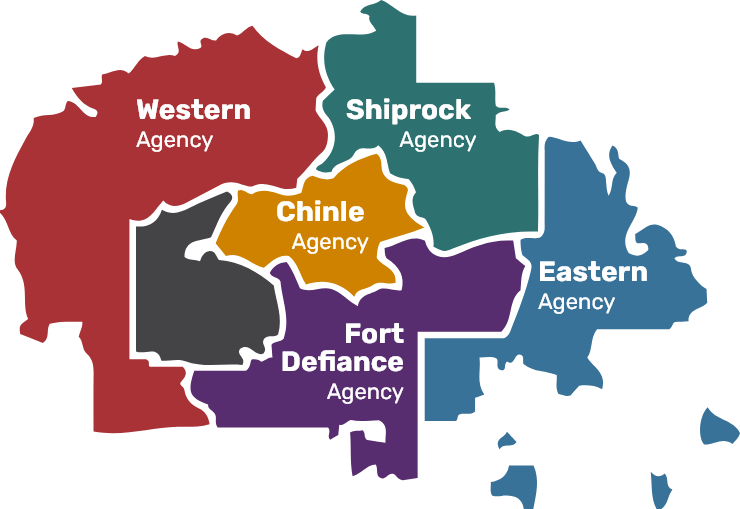
Charlaine Tso grew up on the reservation and for 22 years of her life, she lived without electricity and running water. Many Navajo people across the Navajo Nation still live without basic infrastructure needs. Tso and her family spent the majority of their time in agriculture by herding sheep and caring for livestock which influenced her position in leadership.
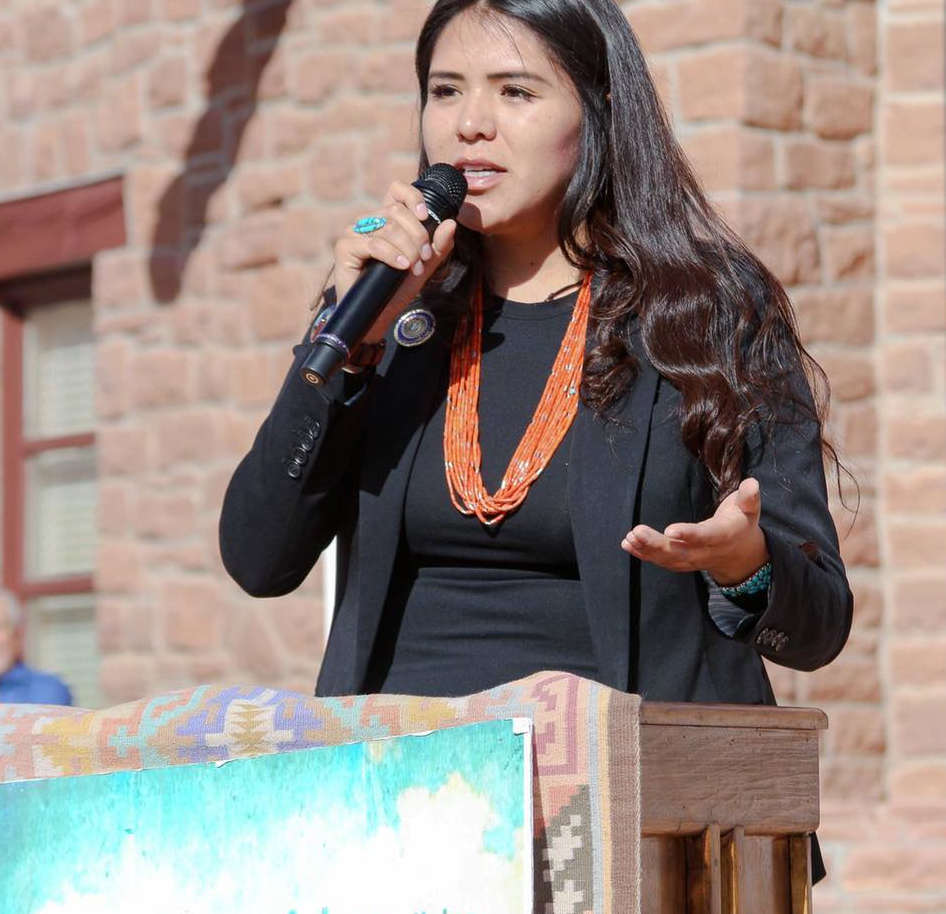
Charlaine Tso is focused on bringing opportunities to the Navajo Nation, especially in her communities by providing technical leads for student training. She is working hard to bring water infrastructure, education, and self-education facilities to Utah.
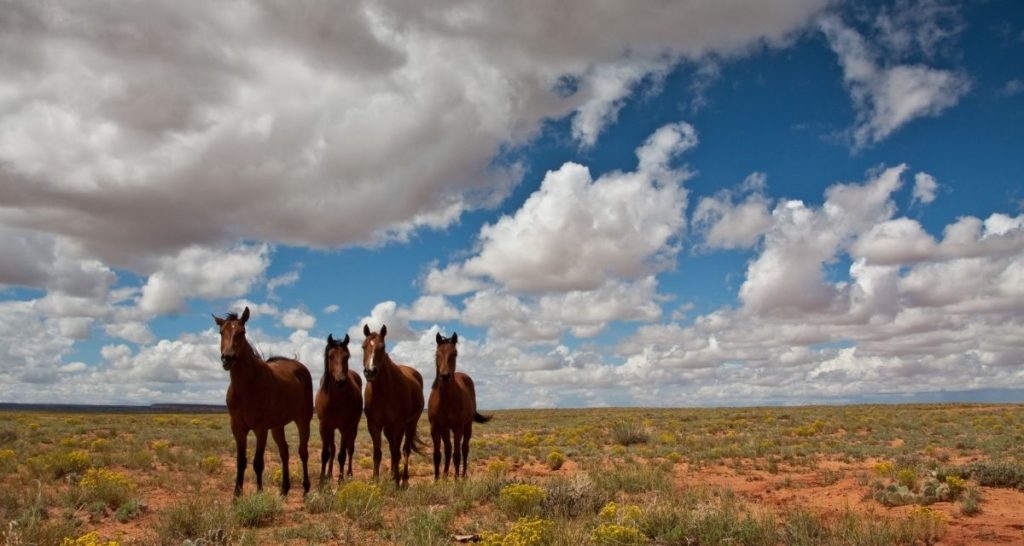
Water Infrastructure
Water infrastructure is huge, the Navajo Reservation has been dealing with water droughts over the past decade and it has become very severe. The Navajo Utah Water Rights Settlement Act was finalized by the Navajo Nation, the State of Utah, and the Interior Department. It was officially signed into law in May 2022. Charlaine has now been focusing on how they can provide the supply of water to homes as well as growth and farming opportunities to Navajo families.

The Navajo Utah Water Rights Settlement Act will bring clean drinking water to the Navajo people in the state of Utah. It’s the result of decades of negotiation and recognizes and protects the reserved water rights of the Navajo Nation. The Navajo Utah Water Rights Settlement now confirms the Navajo Nation’s right to deplete 81,500 acre-feet of water per year from Utah’s Colorado River Basin apportionment and authorizes around $220 million for water infrastructure projects. The state has already invested $8 million in the Navajo Utah Settlement Trust Fund.
The prices of hay and feed continue to rise – not only that but also there are struggles for Navajo families face to go into their nearby border towns to fill up on gas. If you drive a truck you’re going to put in about $100 or more of gas for a round trip to haul back hay, and that is a weekly cost expense. Most Navajo families spend about $200 to $300 a week just trying to make it for the week to feed the animals.
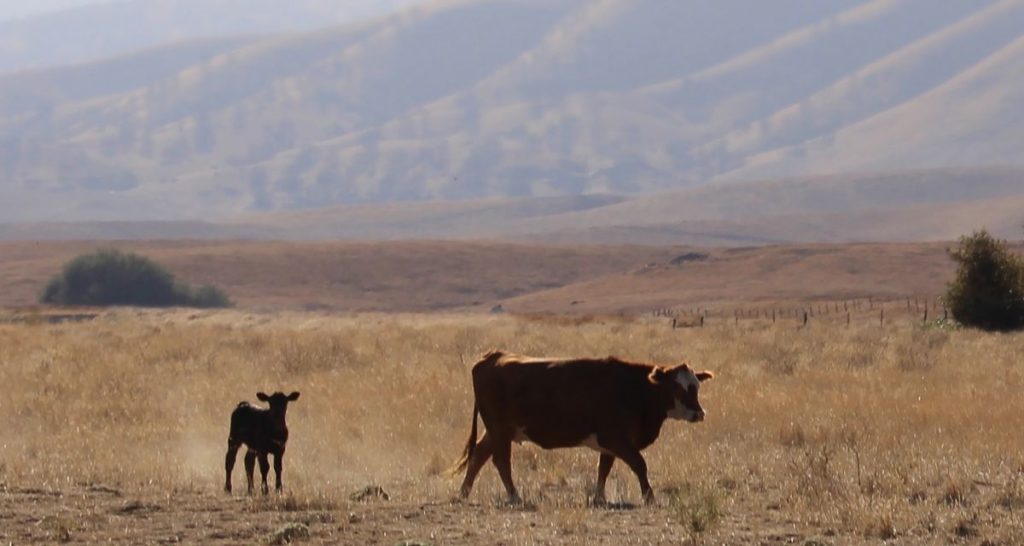
Now you see some of the struggles with their livestock and how the Navajo people are forced to limit some things within their lifestyle. Many families have been living paycheck to paycheck, especially in today’s economy. It has been a continuing struggle for Navajo families. Charlaine’s Chapters have been focusing on this issue and have been centered on how they can provide some solutions.
The Navajo Council recently passed legislation to help provide hay and feed to Navajo families including Charlaine’s Chapters. That was a huge help to the Navajo people. That’s what the Navajo Council continues to focus on with partnerships and finding who they can partner with to help provide relief to several Navajo families. This is heartfelt because livestock especially sheep is the Navajo Nation’s livelihood and it has always been their livelihood. It’s how they provide their income, how they make their clothes, and so it’s part of their tradition.
Considering that they have to protect that mindset and tradition along with the water infrastructure. Charlaine’s considering how they can get the farm and provide economic growth and revenue to the Navajo Nation. Revenue is needed now with the limited trust fund that’s currently available. It’s being depleted with every legislation and proposal that is being brought before the Navajo Council. Charlaine is in the midst of forming a plan on how they are going to sustain and continue to provide that sustenance which has been a challenge for the Navajo Council over the years.
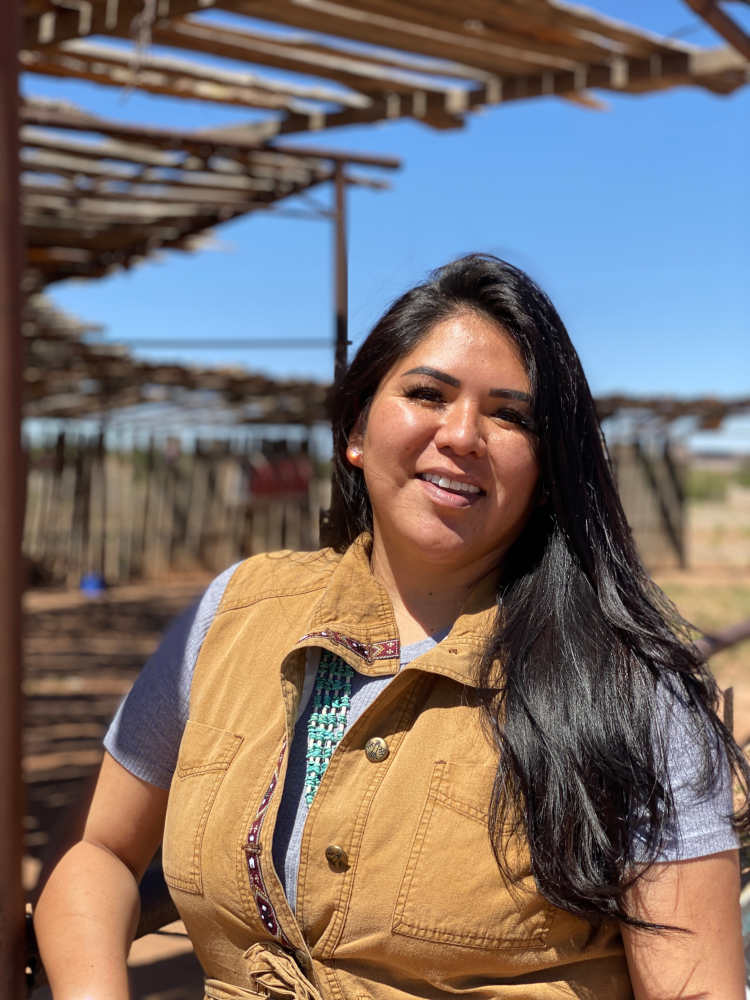
Charlaine’s constituents have come up with the idea of having a farm filled with natural agriculture that will provide their own products to make revenue. That’s an investment that they’re considering at this point. It’s going to take a lot of the work of the Navajo Chapters but Charlaine believes it’s achievable. Homes will then be connected to water and it’s going to provide great relief to Navajo families, especially for the families that have to haul water more than 20 miles for their livestock. They’re still deciding how they’ll be providing water though. There are many wells that are not working because they are contaminated with arsenic and they have approximately 10% of their windmills working. That definitely provides a challenge for the Navajo families.
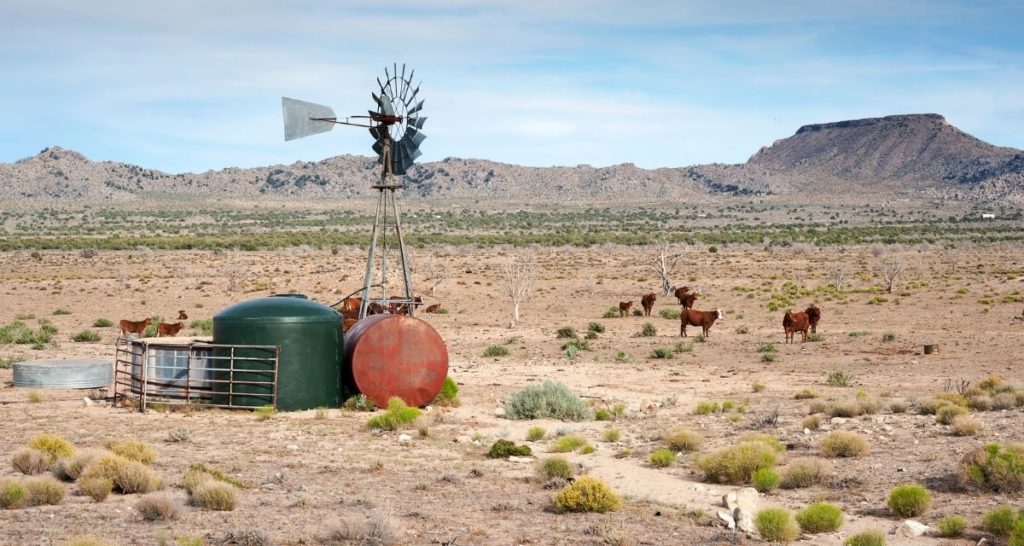
Education
Education is very important to Charlaine as well. She has been pushing a builds project through the state of Utah with a partnership with state partners there. This builds project will provide a great opportunity for the students at Whitehorse High School in Montezuma Creek, Utah. This will provide a vast program for students including several different training courses such as technical, computer software programming, coding, electrical engineering, electrician, and welding. Some students don’t find the avenue for college and university and they’d rather go straight into the workforce. This is an opportunity that Chalaine is still pursuing at this point in time to make possible for Navajo students.


The Navajo Nation will be putting up some match funds with the state of Utah that will overall cost about two million dollars. Facilities will be built and students will be receiving this training from freshman year up to the time they graduate. By the time they graduate some of the students will be certified in the fields that they do decide to pursue. With their internships, they’ll be able to start making $22 an hour.
Charlaine also mentioned how she’s working on pushing the Smart Highway Project for the Navajo. Students are in need of broadband internet. During the pandemic not having broadband internet was a challenge many students faced because they were unable to attend school in person leading to them falling behind in their studies. In order for the Smart Highway Project to go forward giving access to broadband internet, it will cost the nation, state, and federal approximately ten to twenty million dollars.
Student education has always been one of Charlaine’s primary platforms. She’s always supported students, providing them with scholarships. She’s sought grants to help her students, especially those that were limited by the impact of the pandemic. Being a young leader, Charlaine wants to continue to advance with technology and keep the Navajo traditions alive. She doesn’t want you to forget your roots.

Navajo Nation
The Navajo Nation is truly an extraordinary and breathtaking nation within a nation. It is over 27,000 miles and covers over four states: New Mexico, Utah, Colorado, and Arizona. The Navajo Nation Parks and Recreation Department oversees all Navajo Tribal Parks in the largest sovereign nation in the United States. As a sovereign-autonomous tribal government, the Navajo Nation creates laws and governs its citizens – which means all non-Navajo travelers and visitors must comply with and abide by tribal regulations, policies, and laws. Their intent is the caretaking of Mother Earth, which Navajos respect at all times. Come experience the breathtaking views Navajo land has to offer.
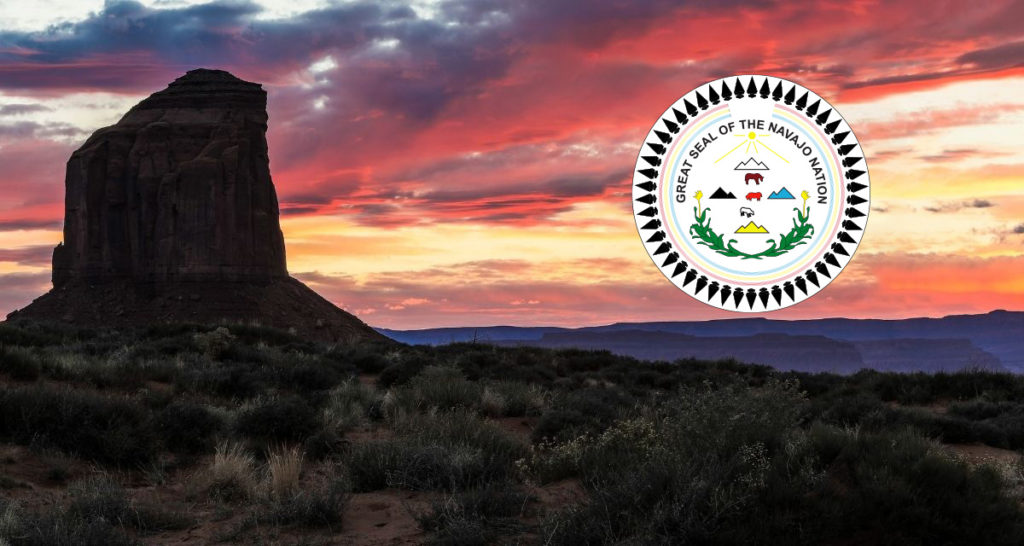
Last Updated on 10/04/2022 by Megan deFabry
CLN Community Sponsor







